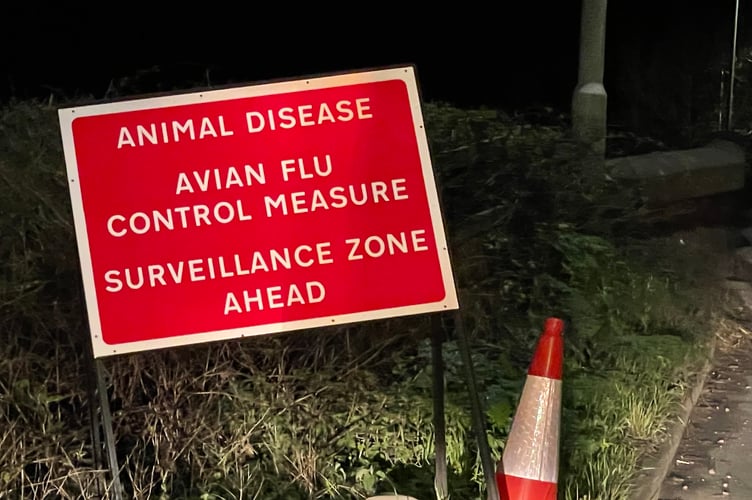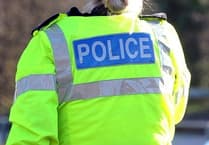THERE was shock in Devon last night, Wednesday, November 29, after the government confirmed that highly pathogenic avian influenza (HPAI) H5N1 had returned to the county.
Defra, the Department for Environment, Food and Rural Affairs, issued a statement late last night saying that avian ‘flu was confirmed in commercial poultry on November 29 at a premises near Cranbrook in East Devon.
It said that a 3km protection zone and a 10km surveillance zone have been declared around the premises.
The case at Cranbrook means that there are currently three cases in England and two in Scotland.
Devon has been clear of avian influenza for several months and cases across the United Kingdom have been declining since it peaked in the country in 2022.
On Wednesday, April 6, 2022, avian influenza (H5N1) was confirmed in a bird at a premises at Newton St Cyres, and another suspected case at a premises near Tedburn St Mary.
All birds on both premises were humanely culled.
A 3km protection zone and 10km surveillance zone was placed around the Newton St Cyres premises and a 3km Temporary Control Zone and 10km Temporary Control Zone was placed around the Tedburn St Mary premises.
Those restrictions were eventually lifted but a further case occurred a few weeks later near Newton Abbot.
Prior to that, it was on November 11, 2020, that an Avian Influenza Prevention Zone was declared across the whole of England.
Bird flu is a notifiable animal disease .
If you suspect any type of avian influenza in poultry or captive birds, you must report it by calling the Defra Rural Services Helpline on 03000 200 301.
If you find dead wild swans, geese or ducks or other dead wild birds, such as gulls or birds of prey, you should report them to the Defra helpline (03459 33 55 77).
Do not touch or pick up any dead or visibly sick birds that you find. For further information go to Defra’s advice to the public page: https://www.gov.uk/guidance/avian-influenza-bird-flu#public .
Public Health England advises that the risk to the public’s health is very low. Food Standards Agency (FSA) has said that on the basis of the current scientific evidence, avian influenzas pose a very low food safety risk for UK consumers.
Avian influenza is unconnected with coronavirus (COVID-19).
You can sign up to Defra’s alerts service: https://www.gov.uk/guidance/apha-alert-subscription-service .
You can also get Defra email alerts: https://preferences.mailshot.defra.gov.uk/ .
Defra’s guidance can be found at: Avian influenza (bird flu) - GOV.UK (www.gov.uk) .




